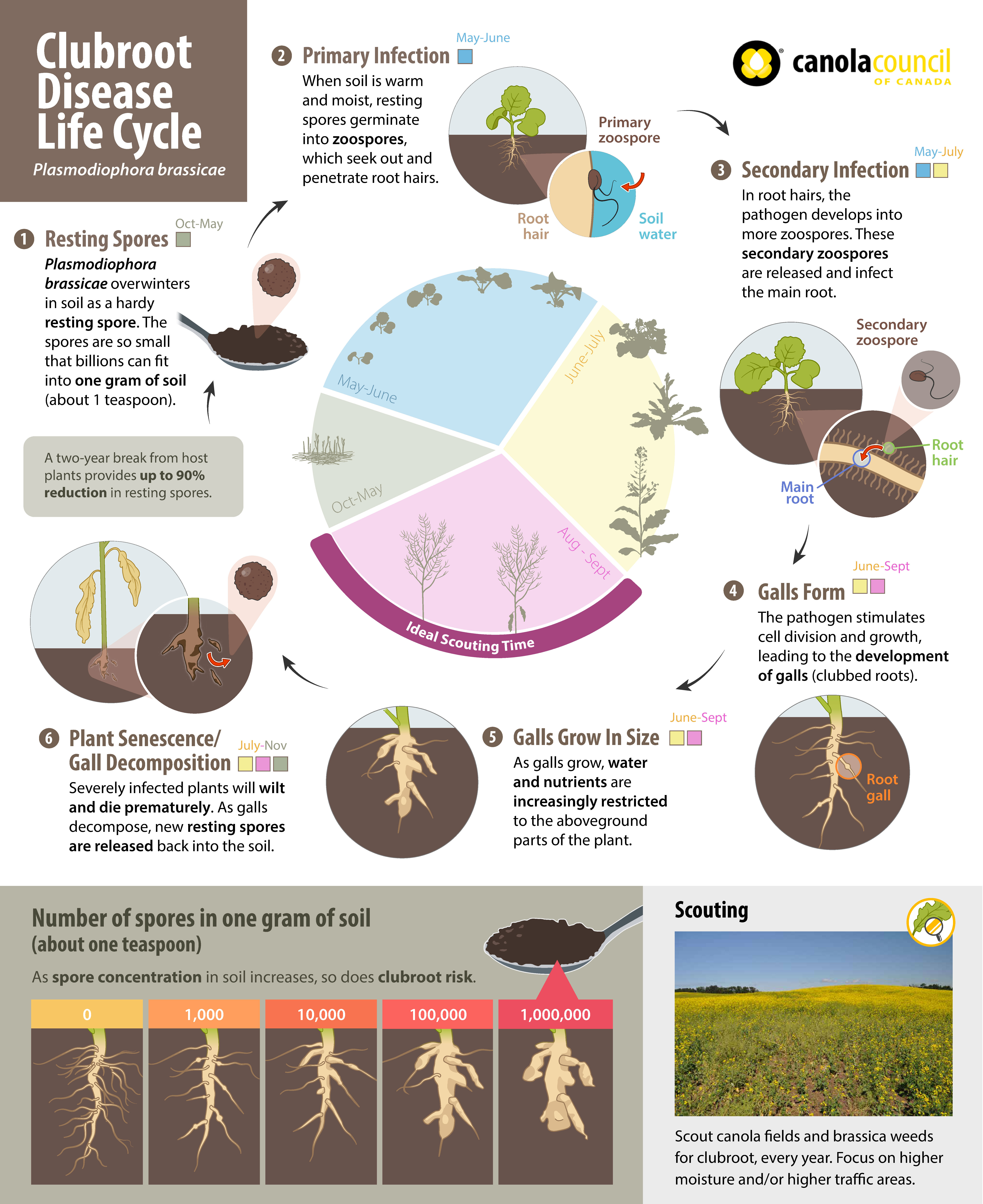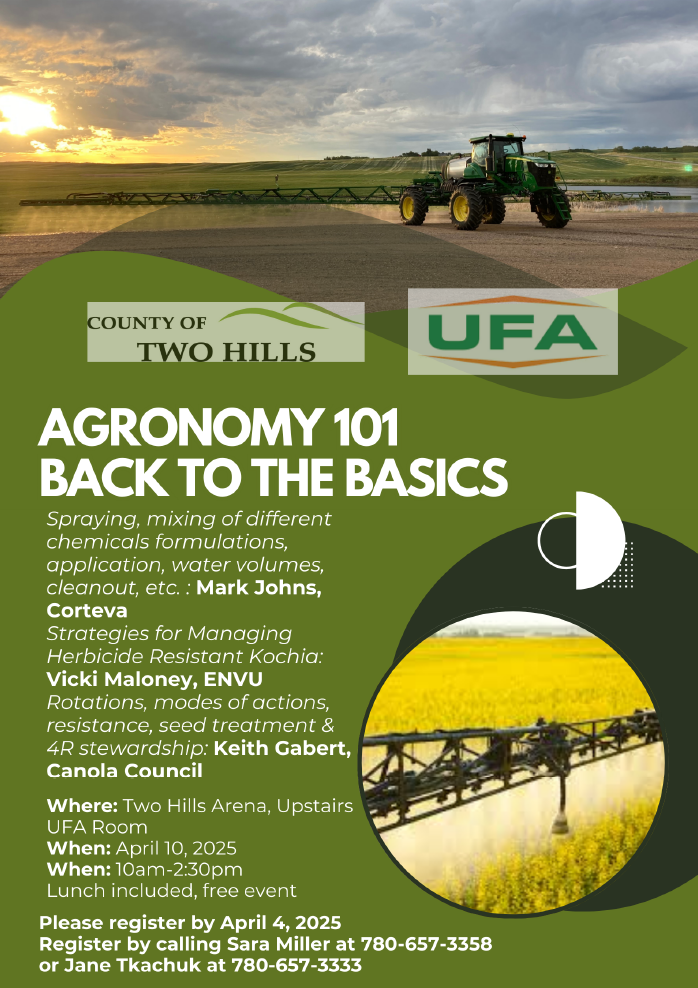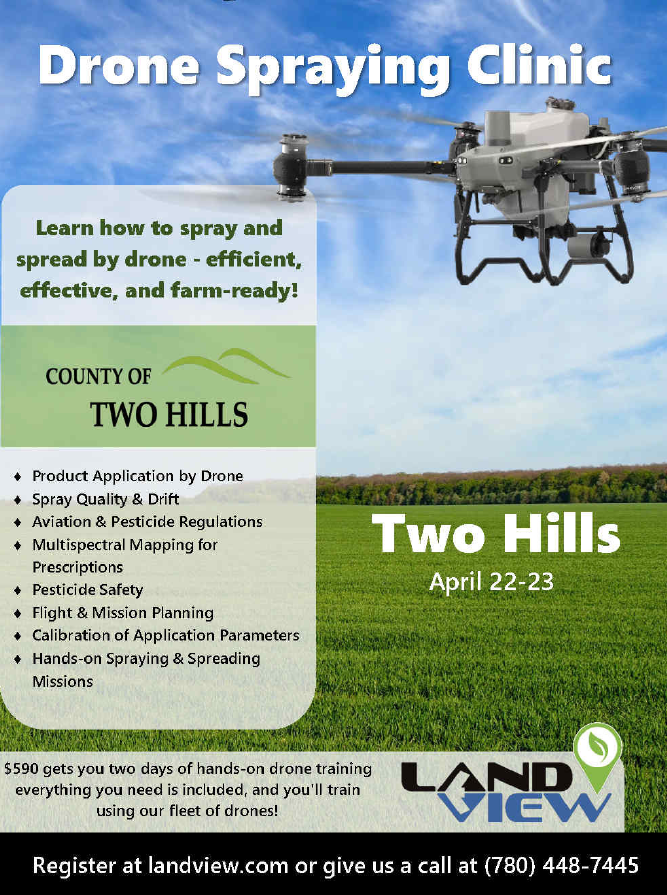
SPACER
Looking to take a vacation away from the hustle and bustle of city life?
Launched in June 2020, the County of Two Hills’ ALUS program is focused on the restoration of wetlands currently being farmed for commodity production, such as grain or cattle, and converting that back into duck and wildlife habitat.
The County of Two Hills No. 21 is located northeast of Edmonton Alberta and is bordered by the County of St. Paul to the north, County of Lamont to the west, County of Minburn to the south and County of Vermilion River to the east.
Agriculture is one of the major economic activities in County of Two Hills, though the east end of the County has a developing gas and oil industry.
The county is bordered to the North by the North Saskatchewan River and has the Vermilion River running through the middle of it. There are many small creeks and tributaries running throughout the County. Three Recreational Parks are located in the county: Jackfish Lake, Sandy Lake and Lac Sante.
In every ALUS community, ALUS staff works closely with landowners to develop and support projects that are best suited to local needs and priorities. The ALUS Two Hills program aims to help address important environmental issues with riparian health and the loss of wetlands and native grasslands in order to drive better outcomes for farmers and ranchers.
The ALUS Two Hills Program Coordinator will work with farmers and ranchers to help establish these projects, while participants receive annual, per-acre payments for the management and maintenance of these projects on their land.
Through their ALUS projects, ALUS Two Hills participants help to produce cleaner water, cleaner air and more biodiversity - including pollinator habitat - for the benefit of everyone in the community.
For more information on project types and examples, please see the link below.
The ALUS Program Coordinator for the Two Hills region is:
Carmen Zayac
ALUS Program Coordinator
1-877-657-3358
The County of Two Hills No. 21 Clubroot Policy is intended to assist in the control and spread of clubroot of crucifers in the municipality. Random inspections will be conducted by the Agricultural Fieldman, Assistant Agricultural Fieldman or by an Inspector appointed by the County of Two Hills. Positive identification of clubroot will be obtained by a laboratory test.
Landowners will be notified in writing if their land tests positive and a Pest Notice will be issued.
To learn where Clubroot has been found in the County of Two Hills previously, please download the maps below:
Individual fields that have tested positive for clubroot in the county are listed in the document below. No positive fields were found for the years 2021, 2023, and 2024.
Clubroot is a serious soil-borne disease of cruciferous crops such as:
Clubroot is caused by the pathogen Plasmodiophora brassicae which infects the roots of susceptible crops. In canola, it causes swellings or galls to form on the roots. Infection at the seedling stage can result in wilting, stunting and yellowing symptoms by the late rosette to early podding stage, while premature ripening or death can be observed in plants nearing maturity. Plants infected at later growth stages may not show wilting, stunting or yellowing, but may still ripen prematurely, and seeds may shrivel, thus reducing yield and quality. At the end of the season, the galls break down into the soil releasing millions of new spores and the cycle continues.

Currently, there are no economical control measures that can remove this pathogen from a field once it has become infested. Preventing the spread of clubroot spores through contaminated soil movement is critical to managing this disease.
Clubroot spores move readily with any soil movement. The primary mode of transportation is field-to-field by contaminated equipment. It can also move through wind, water, soil erosion and animals.
Clubroot spores can live in the soil for up to 20 years. The half-life of these spores is about four years - after four years, if there is no host available, half of the spores will no longer be viable. Tight canola rotations (1 in 2 year) allow for quick development of the disease once it has been introduced in the soil. Long rotations (1 in 4) are recommended to prevent disease development and to protect the breakdown of resistant traits in clubroot resistant canola varieties.
The following management practices are recommended in the Alberta Clubroot Management Plan:
Alberta Agricultural Pests Act
Alberta Clubroot Management Plan



The Agricultural Service Board will sponsor a number of local producers by providing paid registrations and accommodations to attend conferences that provide the latest information and developments in the Agriculture/Environmental Industry, which producers can apply to their own operation. Only one member of the farm operation will be eligible to attend one of the following conferences:
LIST OF 2025/26 CONFERENCES COMING SOON
For further information, contact the ASB Department at 780-657-3358.
In person: 4818 50 Avenue
Two Hills AB
By mail: PO Box 490
Two Hills AB T0B 4K0
By fax: 780-657-3504
By email:
ALUS Canada is a national not-for-profit organization that supports the delivery of the ALUS program across the country. For more info on the ALUS program in the Two Hills region, please click here.
Ecosystem Services
Active in six provinces to date, the ALUS program works with farmers and ranchers to produce valuable ecological services on Canadian farmland.
These ecological services include clean air, clean water, flood mitigation, climate adaptation, carbon sequestration, species at risk habitat and support for our native bees and pollinators.
Projects
Specifically, ALUS helps farmers and ranchers restore wetlands, reforest, plant windbreaks, install riparian buffers, manage sustainable drainage systems, create pollinator habitat and establish other ecologically beneficial projects on their properties.
ALUS provides annual payments to its participants to ensure the ongoing stewardship of each of their ALUS projects.
Partners
For over a decade now, ALUS Canada has been building excellent relationships within agricultural communities while perfecting its unique mechanism for delivering conservation outcomes from Canada’s rural acres.
Thanks to the generous commitment of The W. Garfield Weston Foundation and other dedicated supporters, ALUS Canada is rapidly expanding into many new communities across the country.
Results
In this way, ALUS turns marginal farmland into productive ecosystems, linking Canada’s natural heritage across agricultural lands.
MISSION STATEMENT
ALUS Canada’s mission is to enable Canadians to provide direct support to a national network of farmers and ranchers delivering ecosystem services in their communities, including cleaner air, cleaner water, carbon sequestration, erosion control, flood mitigation, pollinator support and wildlife habitat.
VISION STATEMENT
Community-developed and farmer-delivered, ALUS sustains agriculture, wildlife and natural spaces for all Canadians, one acre at a time.
STATEMENT OF PRINCIPLES
The ALUS Canada program rests firmly on eight core principles:
For more information on the ALUS program, please contact your local program coordinator, or the team at ALUS Canada
https://alus.ca/alus_community/alus-two-hills/

The Environmental Farm Plan (EFP) is a voluntary, whole farm, self-assessment tool that helps producers identify their environmental risks and develop plans to mitigate identified risks. Over 9,000 Alberta producers have demonstrated their commitment to environmental stewardship by completing an EFP.
An EFP helps you to identify what you are already doing well, and pinpoint areas needing improvement. It is a great tool for identifying and planning projects to improve environmental stewardship on-farm. Depending on your farm, you can typically complete an EFP in 1-2 days, and once your EFP is approved you become eligible for funding under the Canadian Agricultural Partnership (CAP) Environmental Sustainability and Climate Change programs.
Late fall and through the winter is a great time to work on your EFP and start planning projects (but EFPs can be done at anytime). For more information on the EFP program, or for assistance with beginning, finishing or renewing your EFP please contact our Municipal Conservation Coordinator.
Note: Effective April 1, 2018, producers who have an EFP older than 10 years will have to renew their EFP to be eligible for funding under the Canadian Agricultural Partnership Program (CAP). Producers who have not completed an EFP or who completed one prior to 2008 should renew now to ensure eligibility.

The Canadian Agricultural Partnership is a five-year, $3 billion federal-provincial-territorial investment in the agriculture, agri-food and agri-based products sector that began in April 2018, and is the successor of the 2013-18 Growing Forward 2 partnership. In Alberta, the Canadian Agricultural Partnership represents a federal-provincial investment of $406 million in strategic programs and initiatives for the agricultural sector. 15 programs will be rolled out in total, with all programs set to be open by the end of 2018.
In Alberta, the Canadian Agricultural Partnership will deliver programs developed in consultation with stakeholders, and is organized under five themes: Environmental Sustainability and Climate Change; Products, Market Growth and Diversification; Science and Research; Risk Management; and Public Trust.
To stay up to date on all the programs make sure to “Sign up for updates” on the CAP website (www.cap.alberta.ca). For more information or assistance with applications please contact our Municipal Conservation Coordinator.
Program Overview
OFCAF offers financial assistance to agricultural producers to help them adopt and implement Beneficial Management Practices (BMPs) on their farms. These practices aim to reduce Greenhouse Gas (GHG) emissions, improve production efficiency, and enhance farm sustainability and resilience.
To support producers in adopting new BMPs, the program provides resources, implementation guidance, and customized BMP design recommendations.
Program Delivery
RDAR has been chosen by Agriculture and Agri-Food Canada as a delivery partner to administer funding for this initiative.
Eligibility
To qualify for funding, applicants must meet the following criteria:
For more information, or to apply, please visit: https://rdar.ca/funding-opportunities/ofcaf
First introduced in 2021, the On-Farm Climate Action Fund (OFCAF) began as a $200-million program aimed at helping farmers address climate change. With its recent expansion, the program has grown to $704.1 million and will continue for another three years, providing ongoing support to farmers as they work to strengthen their climate resilience.
The fund’s purpose is to assist producers in adopting beneficial management practices (BMPs) that help capture carbon and lower greenhouse gas emissions. The three key focus areas are:
The Canadian Forage and Grassland Association (CFGA) is exclusively responsible for delivering support for rotational grazing initiatives in Alberta, British Columbia, Quebec, and Saskatchewan.
Eligibility
Eligible applicants for the CFGA-administered portion of OFCAF include individual farmers, incorporated operations, and farm partnerships located in Alberta, British Columbia, Quebec, or Saskatchewan. Applicants must be recognized agricultural producers by the Canada Revenue Agency (CRA), with a GST number and a minimum level of farm income. A Social Insurance Number (SIN) or Business Number (BN) will be required, and any funding disbursed will be issued in the name matching the CRA-registered farm business.
Applicants should note that site visits to verify implementation may be required before reimbursement is processed.
For more information, or to apply, please visit: https://www.canadianfga.ca/en/projects/farm-climate-action-fund/
Shelterbelts
Listed below are private suppliers of shelterbelt trees. This list is provided for information only; the County does not work directly with any of these suppliers.
The County of Two Hills # 21 Agricultural Service Board will be starting their Roadside Mowing Program along municipal roads.
The program will consist of mowing all road allowances with up to a 15 foot cut from the shoulder into the ditch. Persons wishing to cut hay on the road allowance must complete all cutting prior to the mowers arrival. If hay has been cut and is in swath, mowers will go around that particular swath. However all standing grass will be mowed with absolutely no exceptions.
For more information, contact the Agricultural Service Board Office at 657-3358.
Page 1 of 2